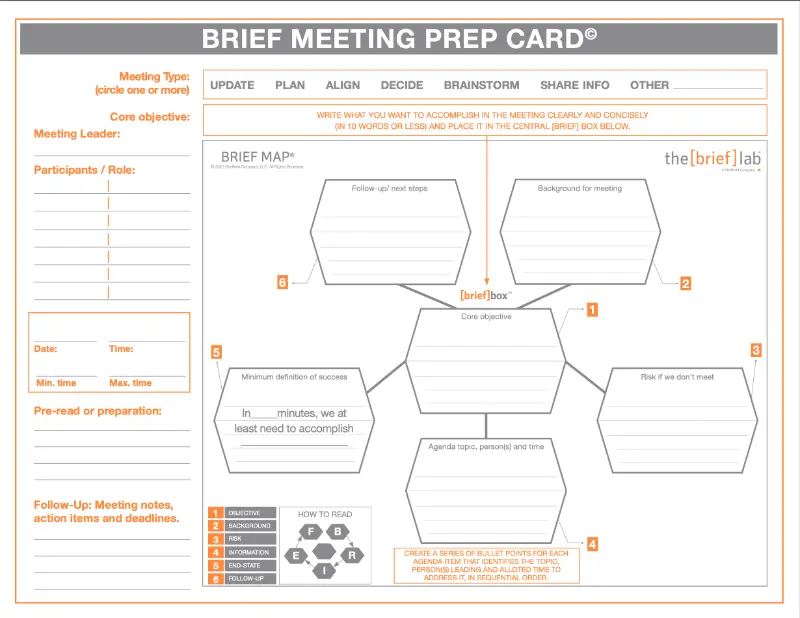[vc_row][vc_column][vc_single_image image=”11112″ img_size=”large”][vc_column_text]
If you want to sell an idea across your organization, you’ll need to demonstrate passion. And certainly, enthusiasm is a part of the equation. But, overselling your good idea is a bad idea!
You’ll need more than enthusiasm, especially if your idea is complex or will require a large-scale change or a shift in priorities. Here’s why:
You’ve probably invested days or weeks or months on your idea, thinking about how it will help people, improve processes, or make your company money. You may have bounced your idea off of a few people who helped you polish the rough edges, anticipate objections and proofread your Powerpoint.
You feel prepared and you are pumped to pitch your great idea with your boss and colleagues. Time to walk into that meeting with guns blazing and blow everyone away with your enthusiasm right?
Not so fast … your audience may not be ready for it.
Lead with Logic, Close with Passion
 Remember: You are 10 steps ahead of everyone else. Don’t begin by shining so much light on your idea that it blinds your audience! They’re hearing your idea for the first time, and they don’t need passion right now … they must be persuaded with logic.
Remember: You are 10 steps ahead of everyone else. Don’t begin by shining so much light on your idea that it blinds your audience! They’re hearing your idea for the first time, and they don’t need passion right now … they must be persuaded with logic.
I encourage clients to spend 80% of their effort presenting the logic behind an idea, and allow their passion and enthusiasm to build as the conversation continues.
Hit the “what,” “why,” and “so what?” first and feed off the client reaction. Follow a logical path as you describe the problem or situation in real terms, not conjured-up emotion. Allow your audience to get excited with you as they themselves come to embrace your idea!
Learn From the Best
Watch any episode of Shark Tank, spend time with a few TED videos, or consider a master presenter like Steve Jobs. They present a narrative, a story, that leads their audience to the conclusion that their idea is useful, needed and — yes — great!
People who succeed in selling their bright ideas spend a disproportionate amount of time laying the groundwork and explaining WHY their idea is needed. They anticipate questions and objections and lead with logic, allowing the benefits of their idea to become self-evident to the audience. The passion must be there, of course, but the logic comes first. (For more on this, listen to Pitching a Bright Idea, the latest episode of a podcast I launched recently.)
In A Nutshell
Here are three things to remember when you decide to present a great idea:
- Be objective before emotional.
- Map out the idea in a logical way (what it is, why it is needed).
-
Get excited as you describe your idea and its benefits … don’t leave the audience behind!
If you and your team want to learn how to present ideas by mastering the art of a concise and compelling narrative, check out the Brief Online Boot Camp, a course I developed to help senior executives and their teams become even more effective communicators. Based on the award-winning book BRIEF: Make a Bigger Impact by Saying Less, it’s the same methodology we teach to elite special operation units and Fortune 500 leadership teams.
About the author: Joe McCormack is on a mission to help progressive organizations master concise communication. Joe works with fortune 500 companies and elite special operations units, is the founder of The Brief Lab and author of Brief: Make a Bigger Impact by Saying Less. Follow us on Twitter @TheBriefLab[/vc_column_text][/vc_column][/vc_row]

